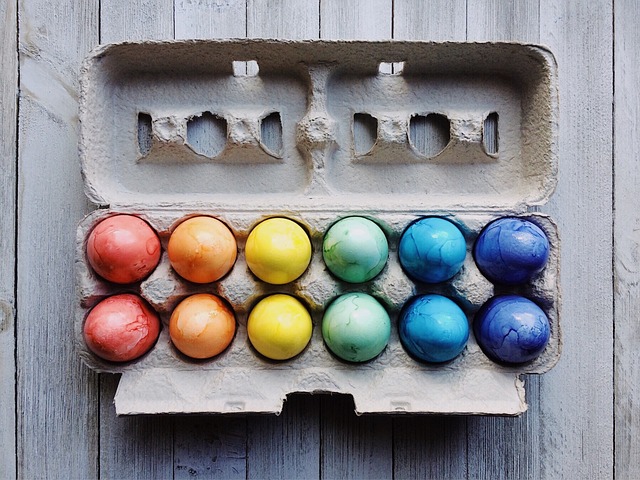For individuals/couples with low egg reserve, IVF using donor eggs is a viable solution. Choosing the right donor through thorough screening and compatibility ensures success rates and healthy pregnancies. Building an emotional connection with donors supports the IVF process, offering guidance and comfort for a positive family-building experience tailored to low egg reserve.
For many aspiring parents, particularly those facing low egg reserve due to age or medical conditions, IVF with donor eggs offers a path to building their families. This comprehensive guide navigates the complex yet rewarding journey of finding the right egg donor. We explore understanding your options, from assessing egg reserve to identifying criteria for an ideal donor. Learn about the meticulous screening process ensuring safety and compatibility, and discover tips for fostering a supportive relationship with your chosen donor.
Understanding Your Options with Low Egg Reserve
For individuals or couples facing low egg reserve, understanding the options available is a crucial step in navigating the complexities of IVF with donor eggs. Low egg reserve, often associated with aging or certain medical conditions, can significantly impact fertility. In such cases, relying on a donor becomes an essential consideration to build the family they desire.
Exploring this route allows prospective parents to bypass the challenges posed by limited egg quality and quantity. With the advancement of assisted reproductive technologies, IVF with donor eggs offers a promising solution. It provides an opportunity for future parents to connect with qualified egg donors, ensuring a higher chance of successful treatments and healthy pregnancies.
Criteria for Choosing an Ideal Egg Donor
Choosing the right egg donor is a crucial step in navigating IVF with donor eggs, especially for individuals or couples dealing with low egg reserve. Potential donors should meet several criteria to ensure compatibility and maximize success rates. One key factor is age; younger donors are generally preferred as they tend to have higher-quality eggs. Medical history is another critical aspect; thorough evaluations should be conducted to rule out any underlying health issues that could impact the quality of the donor’s eggs.
Additionally, it’s essential to consider physical characteristics and emotional compatibility. Some people may prioritize donors who share similar ethnic backgrounds or physical traits for personal connections. Beyond medical and personal criteria, a prospective donor’s willingness to support the receiving family throughout the process is vital. Open communication and transparency about expectations, boundaries, and availability can foster a strong bond between the donor and the receiving couple, contributing to a positive experience all around.
The Screening Process: Ensuring Safety and Compatibility
Choosing an egg donor is a significant step in your journey to parenthood, especially if you’re considering IVF with donor eggs due to low egg reserve. The screening process for potential donors goes beyond physical attributes. It involves rigorous medical and psychological evaluations to ensure both safety and compatibility.
Medical screening checks for overall health, reproductive history, genetic predispositions, and the presence of infectious diseases. Psychological assessments evaluate mental well-being, motivation, and the donor’s understanding of the donation process. These steps are crucial in matching you with a donor who not only meets your physical criteria but also aligns with your values and expectations. By thoroughly screening potential donors, you can increase your chances of successful IVF treatment and build a strong foundation for your family.
Building a Supportive Relationship with Your Donor
Building a supportive relationship with your egg donor is crucial, especially for individuals or couples considering IVF with donor eggs due to low egg reserve. It goes beyond the medical aspect and involves fostering an emotional connection. Many donors are happy to maintain contact and provide ongoing support, sharing their experiences and insights throughout the process. This can be immensely comforting, especially during the often-anxietizing journey of IVF.
Regular communication allows for a deeper understanding of each other’s expectations and feelings, creating a more harmonious experience. For instance, donors might offer advice based on their personal success stories or simply provide a listening ear when concerns arise. This relationship can significantly enhance the overall well-being of everyone involved, making the process smoother and potentially leading to better outcomes in IVF with donor eggs for low egg reserve cases.
Building a family through IVF with a donor egg is a deeply personal journey. By understanding your options, carefully considering criteria like age and medical history, and fostering a supportive relationship with your chosen donor, you can navigate this process successfully. Remember that the right match is crucial for both safety and emotional well-being. With thorough screening and open communication, families created through donor eggs have the best chance of thriving and experiencing the joys of parenthood.
